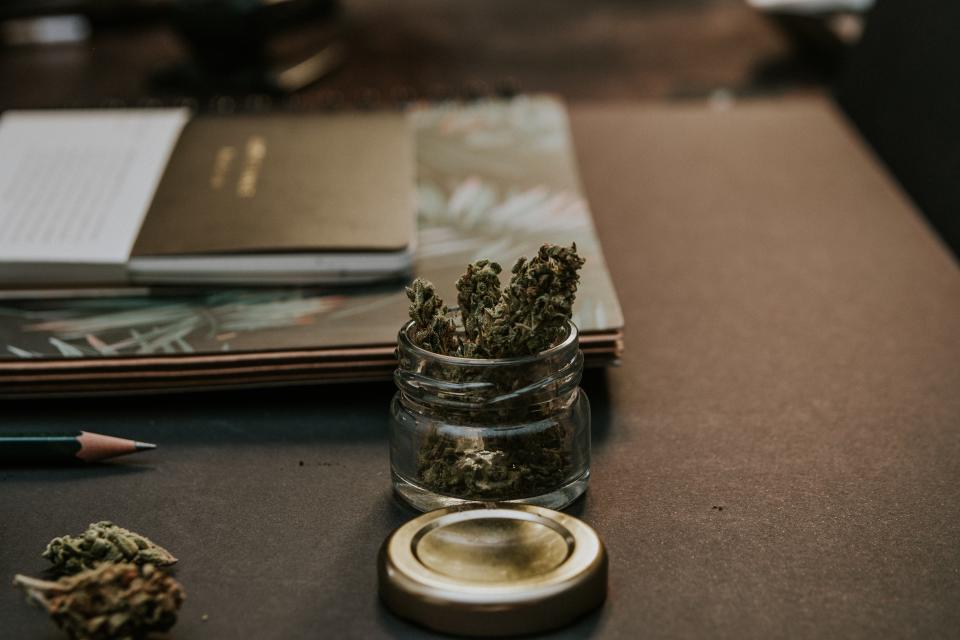Don’t write off your bong, and other things to know about cannabis and taxes

Ottawa can rake in up to $100 million per year from excise levies on cannabis, but that doesn’t mean everybody should try to get that money back by claiming pre-rolled joints on their tax return.
Canada’s historic legalization of recreational cannabis may have ushered the drug into the mainstream, but it was a non-event from an income tax perspective. It doesn’t matter if pot helps you sleep or soothes your aching joints, cannabis has no business on your tax return without a real prescription.
“The only way you can claim cannabis as an expense on your return is if it is for medical reasons, and you have a valid prescription from a medical professional that says you require it, and you’ve bought it legally,” Jamie Golombek, CIBC’s managing director of tax and estate planning, told Yahoo Finance Canada. “This has been around for over a decade.”
Canada legalized medical cannabis in 2001. The Canada Revenue Agency (CRA) formally cleared the smoke surrounding pot and taxes in a 2015 letter to the Canadian Medical Cannabis Industry Association.
The CRA includes “marihuana [sic], marihuana plants or seeds, cannabis or cannabis oil for a person authorized to possess these substances” on its list of medications and substances that can be claimed as medical expenses.
Rolling papers, bongs, pipes, vaporizers and other cannabis accessories are not covered, according to Golombek. Neither is cannabis bought on the black market, or through gray market medical dispensaries offering prescriptions from naturopaths.
“There’s no doubt that cannabis helps for some people. Just like over-the-counter medicine helps as well. But at the end of the day, you can’t claim over-the-counter medicines, or vitamins and minerals,” Golombek said. “It has to be a prescription [from] someone with a MD. I believe that a nurse practitioner can also certify it.”
Even medical cannabis users with a legitimate prescription and a tidy collection of receipts cannot claim the full amount they paid for prescribed pot. Medical cannabis, like all eligible medical expenses, is subject to an income test on line 330 of the tax return.
Tax-filers can deduct any qualifying medical expenses for themself, their spouse or common-law partner, and dependent children born in 2001 or later, above the lesser of $2,302 or three per cent of net income
“You have to spend a minimum of the lesser of $2,302 or three per cent of your net income,” Golombek said. “One of the tips that we give couples, married or common-law that are living together, is that the lower income person would want to claim the medical expenses because their three per cent threshold would be lower.”
Download the Yahoo Finance app, available for Apple and Android.

 Yahoo Finance
Yahoo Finance 
